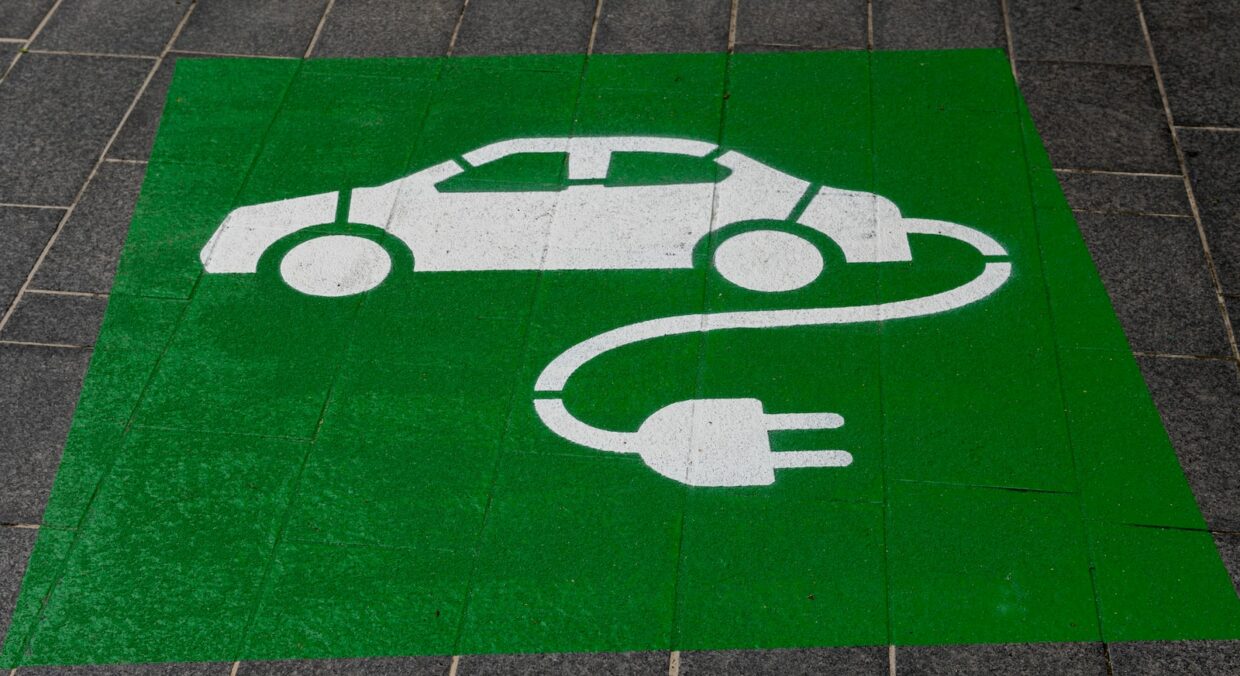New Zealand is seeing a rise in the use of electric cars. With a growing interest in protecting the environment and reducing emissions, electric cars have become a more popular option for transportation. As electric vehicles become more affordable and accessible, New Zealanders are increasingly considering them to reduce their ecological footprint. This article will provide a market overview of the electric vehicle industry in New Zealand and discuss the potential benefits of electric cars.
What are Electric Cars?
Electric cars are powered by electricity rather than by combustion engines. Some electric cars are equipped with batteries that can be recharged and others use fuel cells or solar cells to provide power. These cars have a propulsion system that uses a motor that is powered by a battery, allowing them to be more efficient than petrol-powered cars.
Electric cars are generally considered to be more environmentally friendly than petrol or diesel cars as they do not produce tailpipe emissions. This makes them a popular option for those looking to reduce their carbon footprint.
The Current Market for Electric Cars in New Zealand
The electric car market in New Zealand is still relatively small, with fewer than 10,000 electric cars registered in the country. However, this number is gradually increasing as more people become aware of the benefits of electric cars.
The market for electric cars is expected to grow exponentially in the coming years as the vehicles become increasingly accessible and more affordable. New Zealand is already seeing a rise in the number of electric car charging points, with more than 300 now available in public spaces. This reflects the growing demand for electric vehicles in the country.
The government has also announced plans to increase the number of charging points available. This will make it easier for New Zealanders to charge their electric cars and will likely lead to an increase in the number of electric cars on the roads.
The Benefits of Electric Cars
Electric cars offer a range of benefits, both for the environment and for the driver. Here are some of the key advantages of electric cars:
- Reduced Emissions: Electric cars produce no tailpipe emissions, making them a more environmentally friendly option than petrol or diesel cars.
- Cheaper to Run: Electric cars are generally cheaper to run than petrol or diesel cars, as electricity is generally cheaper than fuel.
Electric cars also tend to be more fuel-efficient, meaning you can save money on fuel costs. Additionally, electric cars are often quieter, providing a more peaceful driving experience.
Finally, electric cars can be powered from renewable energy sources, making them a great option for those looking to reduce their ecological footprint.
Conclusion
Electric cars are becoming increasingly popular in New Zealand as they offer a range of benefits. They are better for the environment, as they do not produce tailpipe emissions, and they are cheaper to run than petrol or diesel cars. Additionally, they can be powered from renewable energy sources, allowing drivers to reduce their carbon footprint.
As the electric car market continues to grow, more charging points will become available, making it easier for New Zealanders to charge their electric cars. This should lead to an increase in the number of electric cars on the roads and will likely drive the market further.
Electric cars offer a great way for New Zealanders to reduce their ecological footprint and save money on running costs. As more people become aware of the benefits of electric cars, the market is likely to continue to grow.
